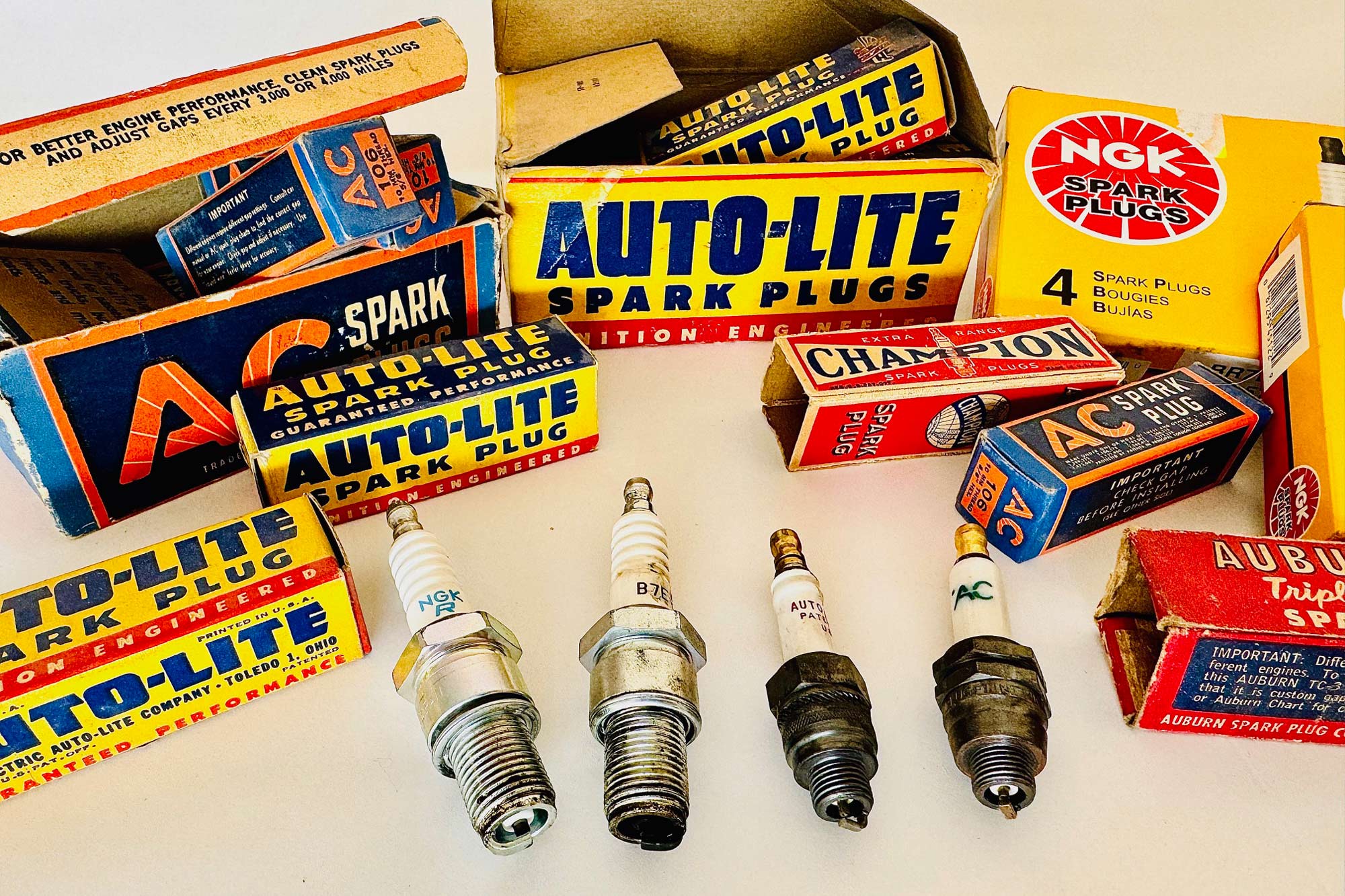How Long Do Spark Plugs Last?
These important components are at the heart of your engine's health.
 Kara Snow | Capital One
Kara Snow | Capital One
Spark plugs are small but play a large role in how well your engine runs. They are responsible for igniting the air-fuel mixture in each cylinder. As with any automotive component, they can wear out over time and cause issues that can reduce the enjoyment and efficiency you get from your automobile.
In order to properly maintain your vehicle, it's worth knowing a few things about spark plugs, such as the most common types, how long you can expect them to last, and some of the signs that it's time for a new set.
Spark Plugs Have Evolved Over the Years
Spark plugs are divided along two basic lines. The first has to do with the material their center electrode is made from. Copper plugs are the oldest design and were originally intended to be used with traditional, low-voltage ignition systems.
Platinum spark plugs arrived roughly 30 years ago to meet the needs of ignitions with higher voltage. Iridium spark plugs — which feature significantly greater strength and a higher melting point than either copper or platinum — are a more recent arrival, having been developed to handle the heat and energy of now-common coil-on-plug ignition setups.
There are also variants within each of these types, including double platinum and double iridium designs that add their core material to not just the center electrode but also to the side electrode.
Some spark plugs can further be identified by their electrode design. Pulstar plugs, for example, include an internal capacitor, while others feature electrodes that are angled, have multiple electrodes, electrodes that are slanted, or unbroken shield-type electrodes.
Spark Plug Longevity Can Be Affected in Several Ways
Several things can cause a spark plug to wear out. Over time, a spark plug that overheats — whether that's from extreme operating conditions, an engine that runs too hot due to a failing cooling system, or knock from pre-ignition — will fail prematurely.
An engine that is sending oil into the combustion chamber can foul a spark plug's electrode, as can a motor that is running too rich, leading to carbon deposits and buildup. Too wide or too short a gap between electrodes can also accelerate spark plug wear.
Spark plug lifespans are generally linked to their type. A copper plug can last up to 30,000 miles, while platinum and iridium can go twice that distance.
If you regularly engage in high-performance driving or have engine issues that generate significant heat, send oil into the combustion chamber, or use more fuel, that lifespan can be significantly decreased.
Signs That Your Spark Plugs Need Replacing
Spark plugs are a vital engine component, and if they are not in peak operating condition there are several telltale signs of trouble. A fuel mixture that is not entirely ignited can leave behind the smell of gas when the engine is running and will sometimes lead to a rough idle or engine hiccups while accelerating.
Reduced fuel mileage — which could be due to incomplete combustion and spark plugs that are cracked, corroded, or covered in soot — may also be a sign it's time for new plugs.
Written by humans.
Edited by humans.
 Benjamin Hunting
Benjamin HuntingBenjamin Hunting is a writer and podcast host who contributes to a number of newspapers, automotive magazines, and online publications. More than a decade into his career, he enjoys keeping the shiny side up during track days and always has one too many classic vehicle projects partially disassembled in his garage at any given time. Remember, if it's not leaking, it's probably empty.
Related articles
View more related articles